Find out more about our diverse team of scientists from Argentina, Chile, Brazil, and the UK determined to tackle the problem of invasive species in Latin America.
University of Aberdeen, UK
- Xavier Lambin
-
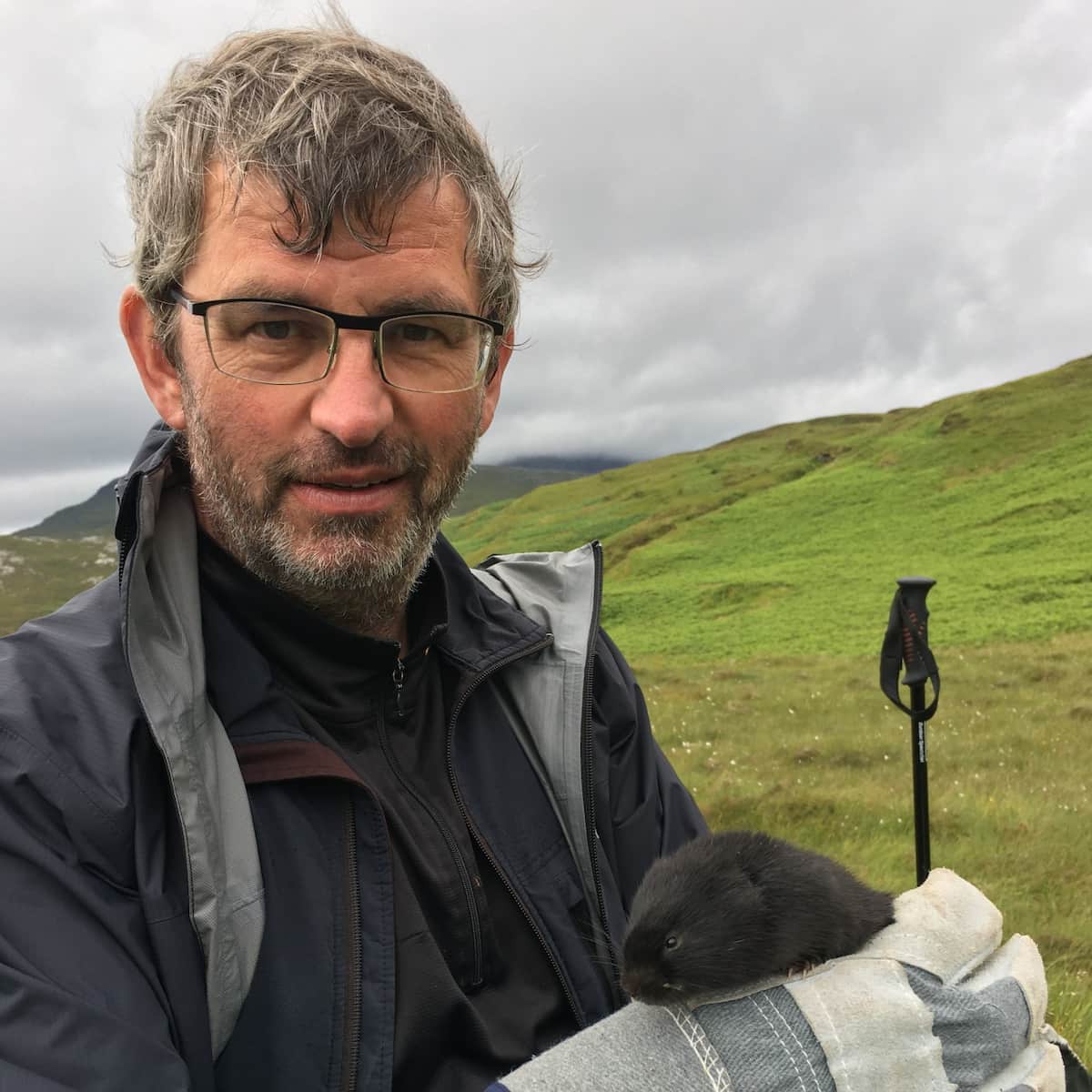
A Professor of Ecology with extensive experience in conducting ecological research relevant to policy, designing, implementing and successfully delivering ambitious projects and training student to a high standard.
- David Burslem
-
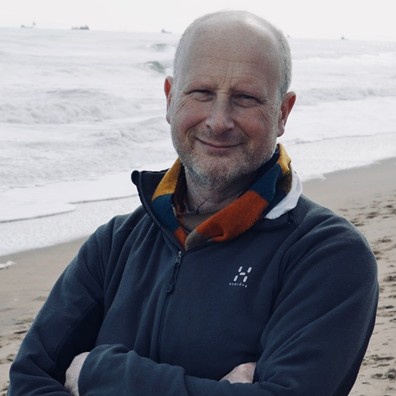
Beyond the CONTAIN project he has worked on management of non-native invasive plants in the UK and in tropical forest settings, with a focus on the application of restoration methods for controlling species' impacts.
- Euan Phimister
-

He is currently leading a UKRI-GCRF funded project on land and soil degradation in Ethiopia, which aims to improve how land conservation measures are designed so benefits to local communities are increased while safeguarding soil conservation.
- Justin Travis
-
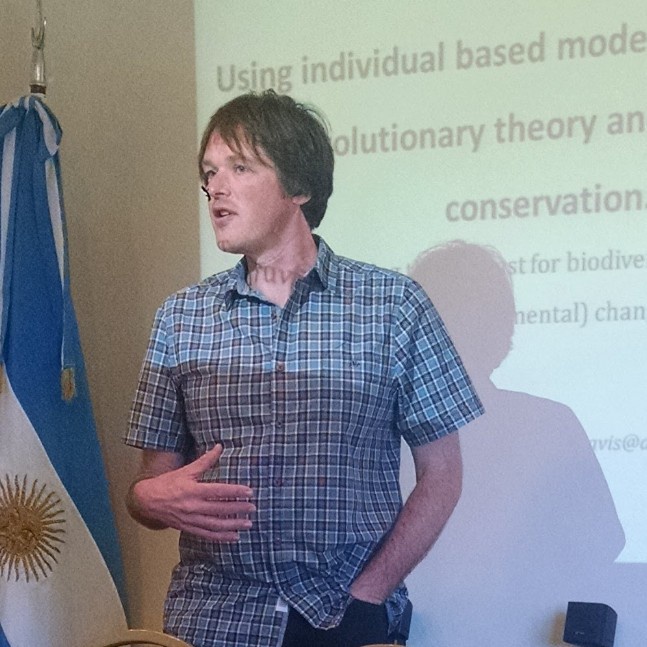
Queen's University, UK
- Paul Caplat
-
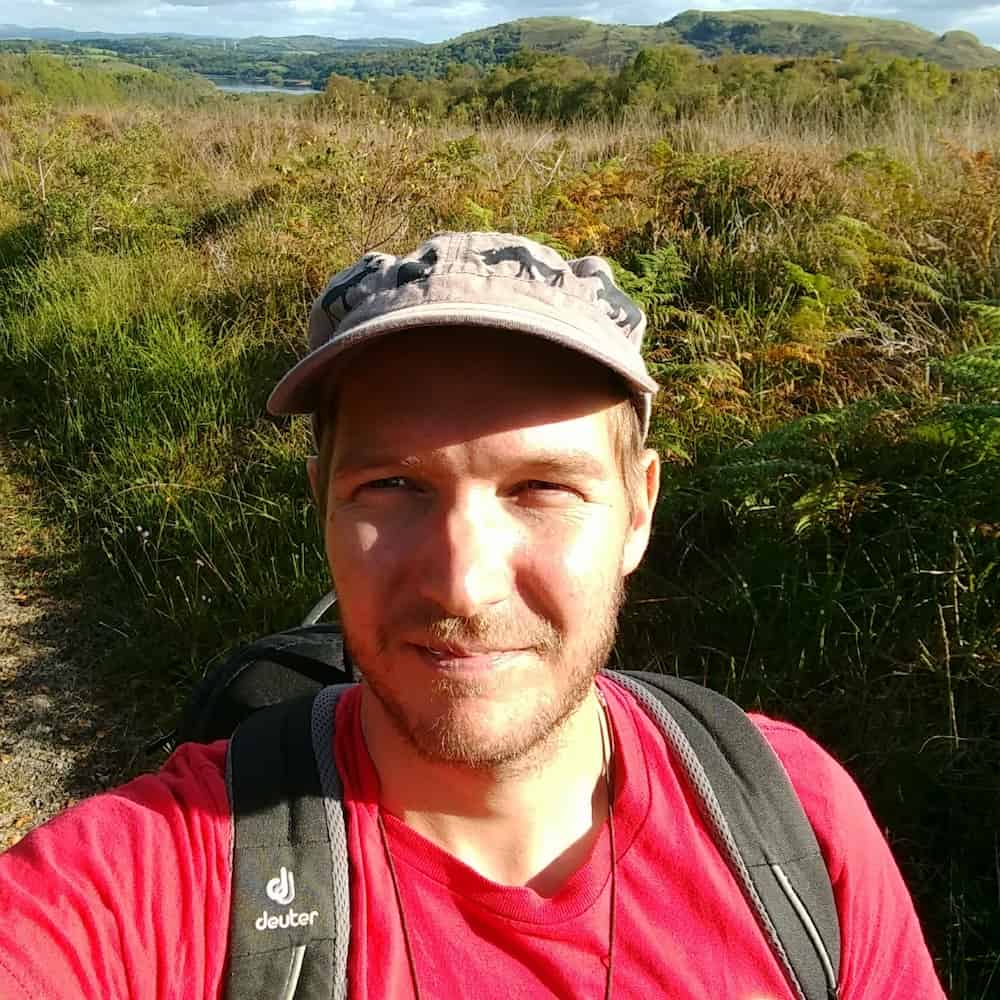
He also holds an affiliate research position at Lund University (Sweden).
Universidade Estadual Paulista, Brazil
- Alessandra Fidelis
-
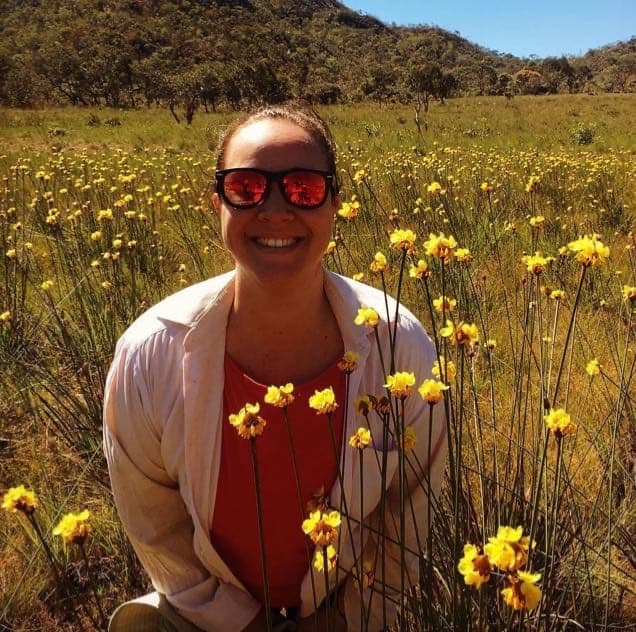
Alessandra is studying how to manage and control African invasive grasses in the Cerrado, using fire as a management tool.
- Mário Cava
-
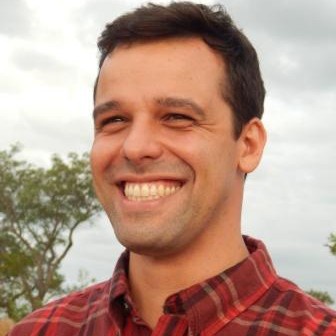
His current research focuses on investigating the effects of cattle production systems on the structure and diversity of Neotropical savannas to inform land uses that could potentially integrate meat production with biodiversity conservation.
- Gabriella Damasceno
-
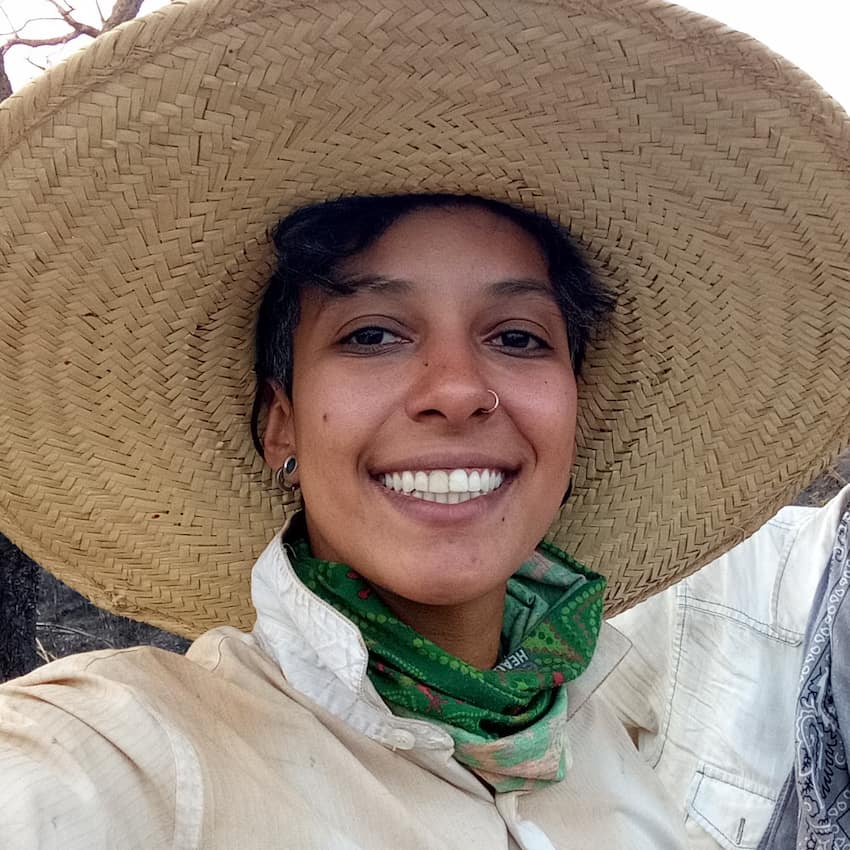
Her primary interest is to understand how invasive grasses can alter the state-and-transition dynamics of Cerrado, the Brazilian savanna. Additionally, she is also interested in statistical modelling and data science.
CONICET, Argentina
- Laura Fasola
-
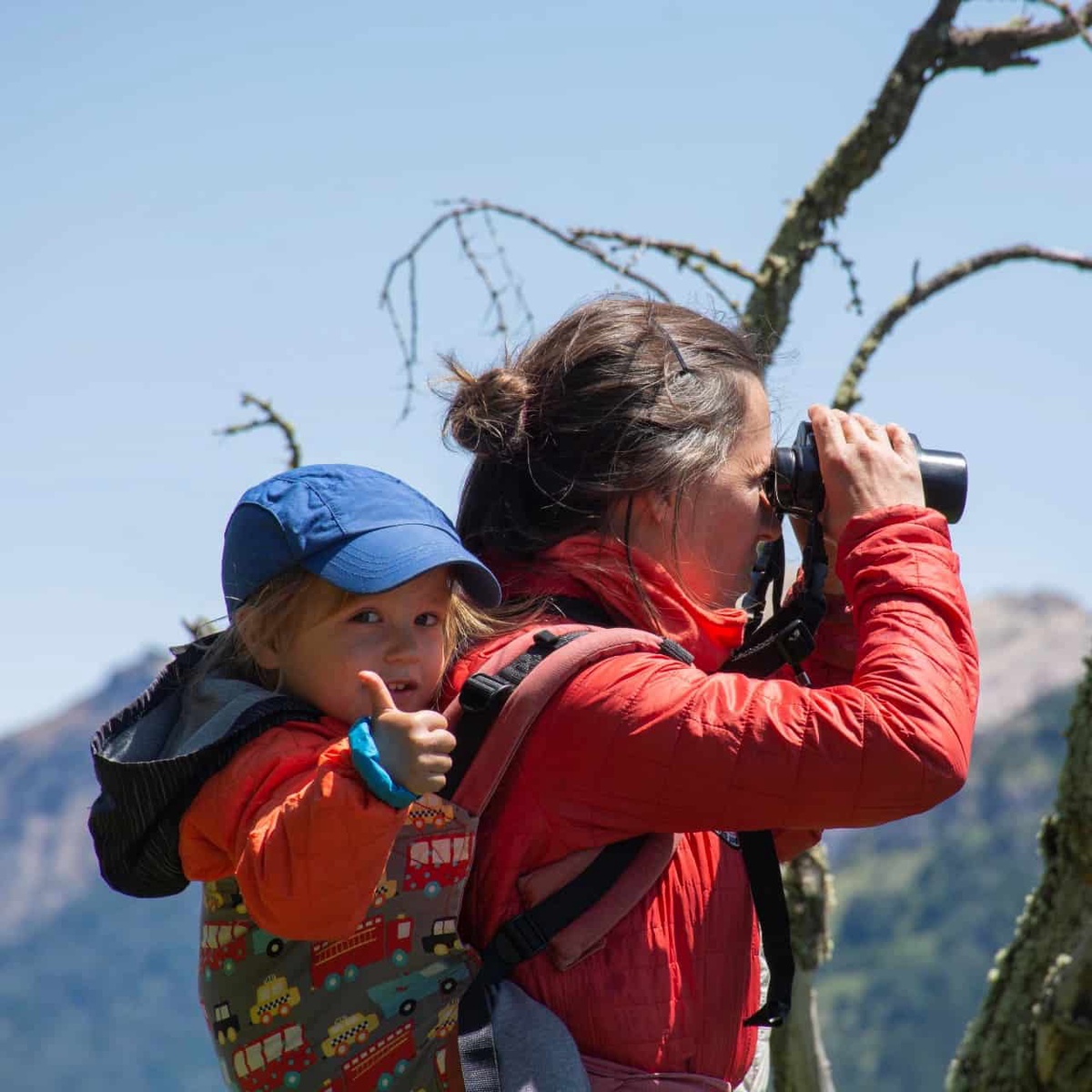
Laura works with an amazing group of brave conservationists committed to the work of protecting native wildlife (Programa Patagonia-Aves Argentinas). The increasing problem of invasive alien species has become a main issue for the native species that the group tries to protect in Southern Argentina, especially the Hooded Grebe. Therefore, the group have been involved in control and management programs of American mink, stocked trouts and gulls for the last decade.
- Lía Montti
-
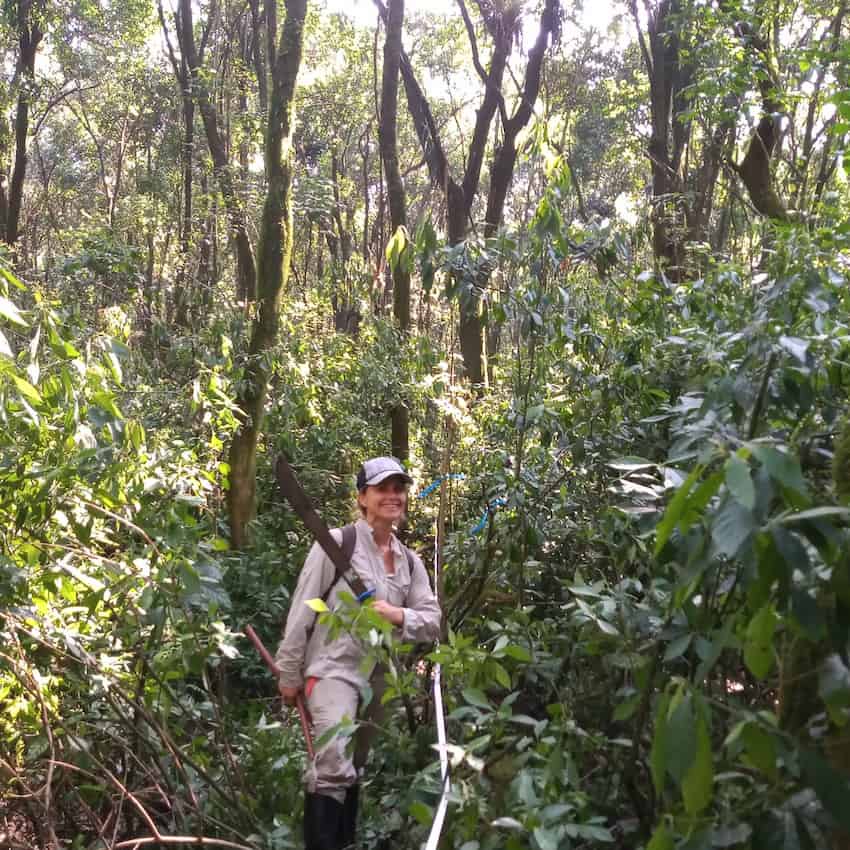
She also has a broad interest in natural history as well as in the ecological and social dimension of the biological invasion process.
- Jaime Moyano
-
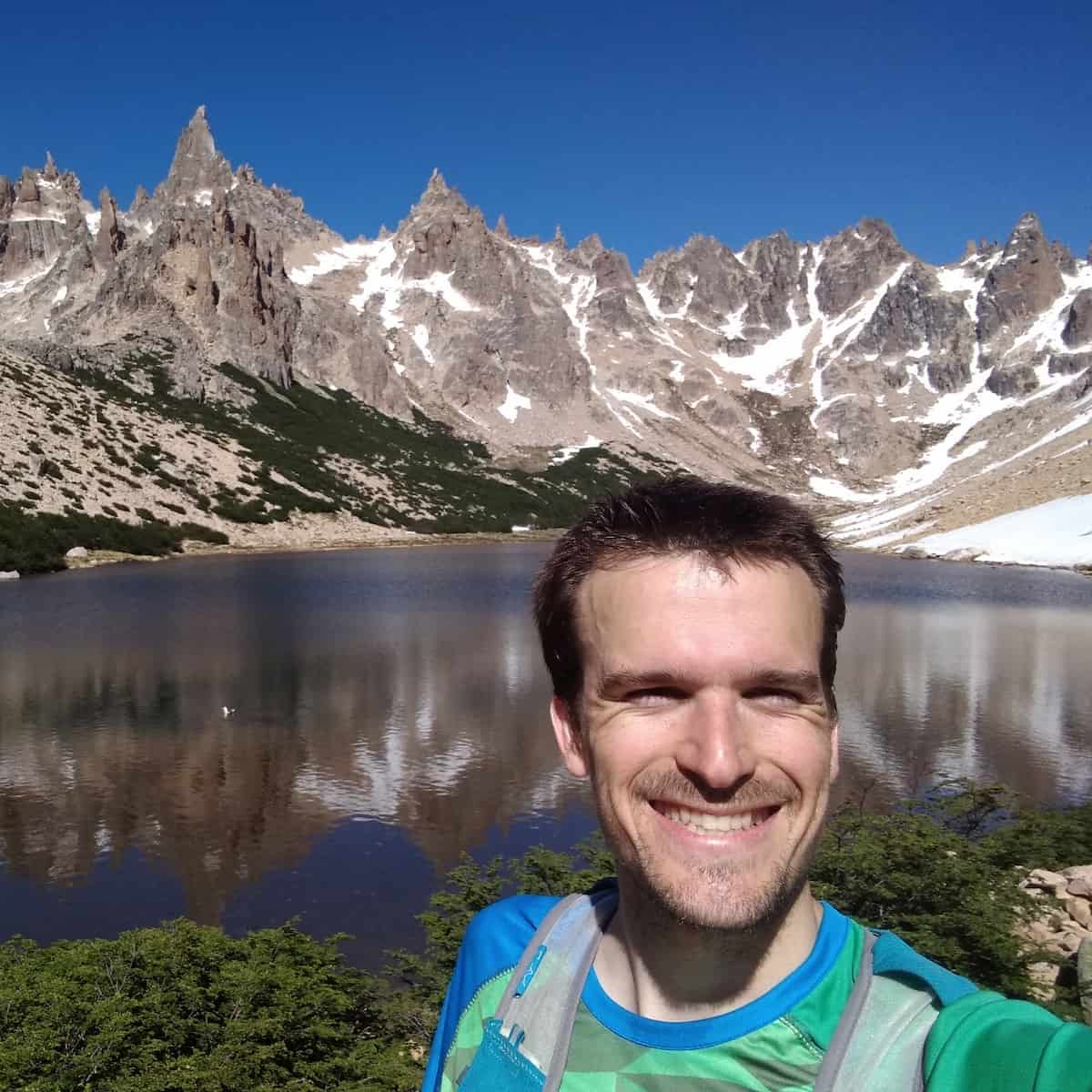
The main questions he tries to answer are: which traits favor non-native plants success at the different stages of invasions? What are the mechanisms that help explain species success outside their native range?
- Martín Núñez
-
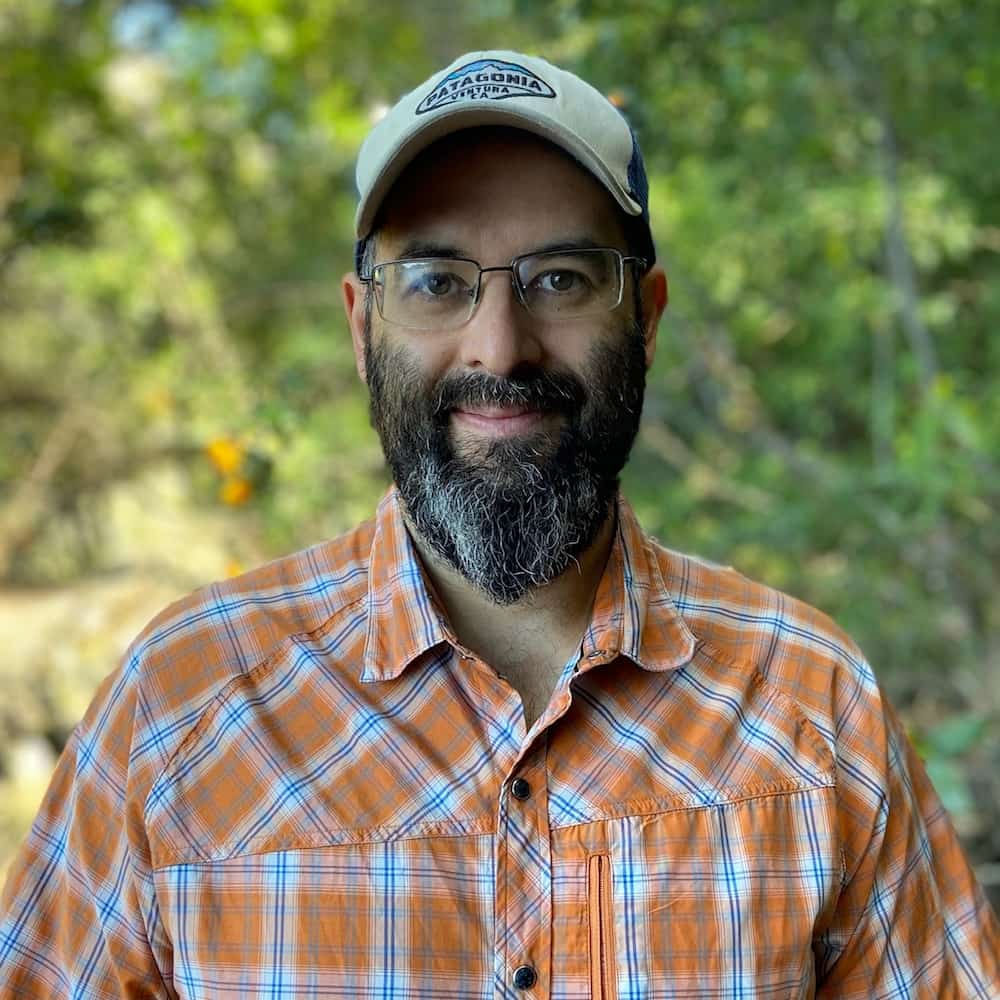
He is now also working on different aspects of plant-soil biota interactions from basic and applied perspectives.
- Priscila A. Powell
-
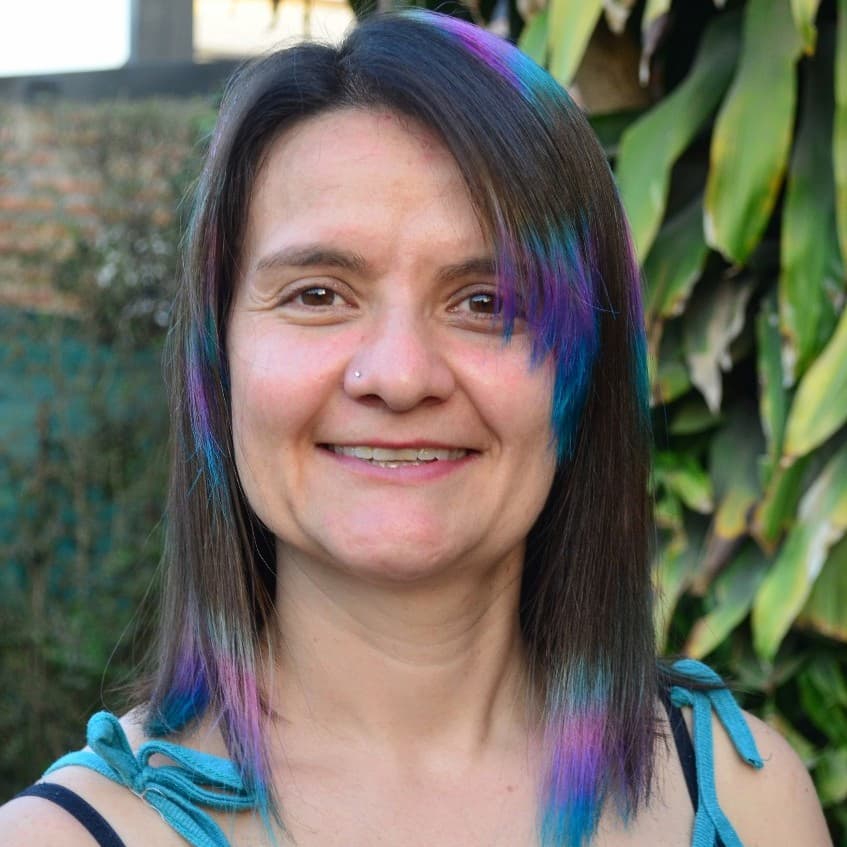
Currently, she is working on invasive species management in subtropical forests of Argentina, integrating ecological and economical to propose plausible options for native ecosystem restoration.
- Kini Ignacio Roesler
-

After being involved in several projects in the tropics and subtropics, Kini started studying one of the most endangered species of Argentina 'the Hooded Grebe' in Patagonia and working towards its conservation. The hooded Grebe Project has grown and now Kini is involved in a number of other conservation projects with other endangered and range-restricted species including the Austral Rail, Magellanic Plover, Torrent duck and Wolffsohn's Vizcachia in the Patagonian Region.
Universidad de Concepción, Chile
- Aníbal Pauchard
-
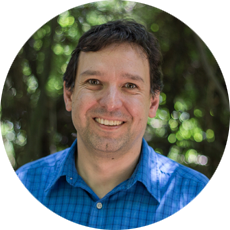
He is the founder and director of the LIB, a joint intitiative from UdeC and the Ecology and Biodiversity Insititute. His research approach is biological invasions's ecology and its impacts on biodiversity and ecosystem functions.
- Bárbara Langdon
-
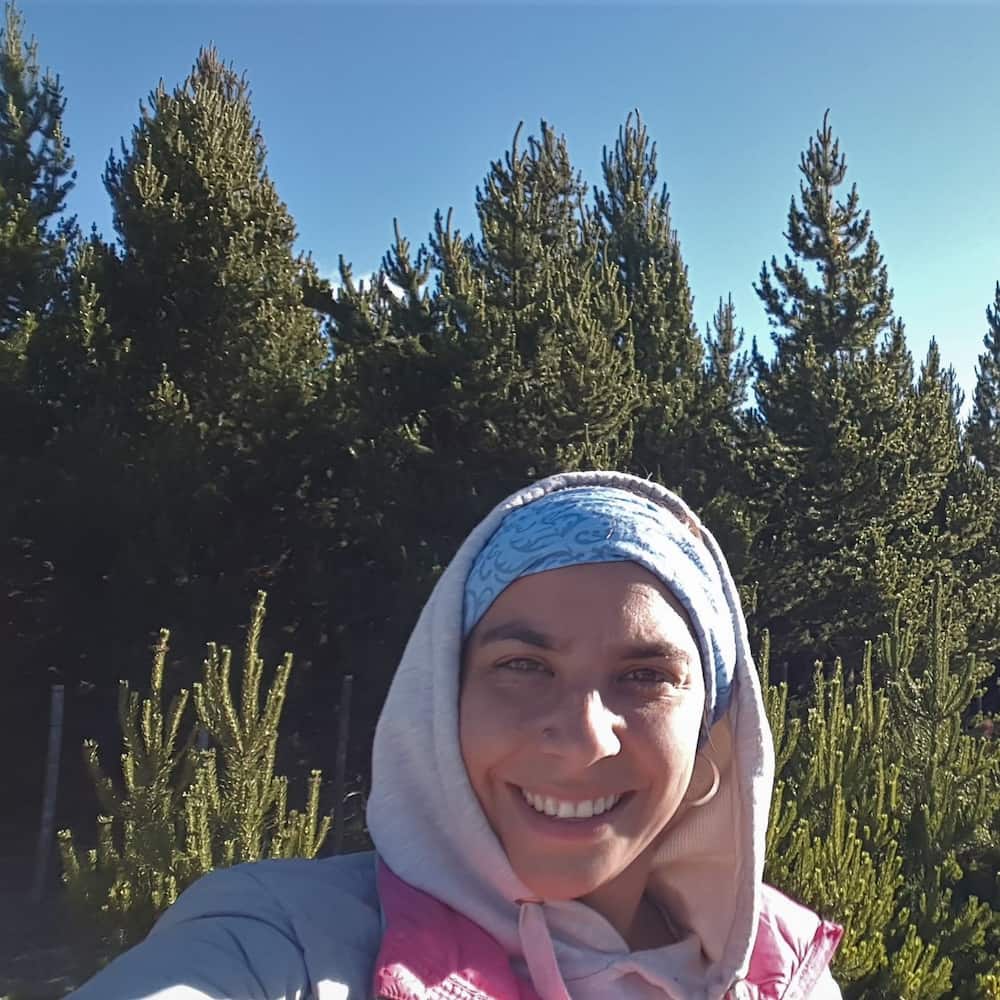
Through the study of processes and patterns behind the invasion, from a local to a regional scale, she looks for better ways to manage these species, prioritizing those species of greater invasive potential or larger negative impacts.
- Cristóbal Pizarro
-
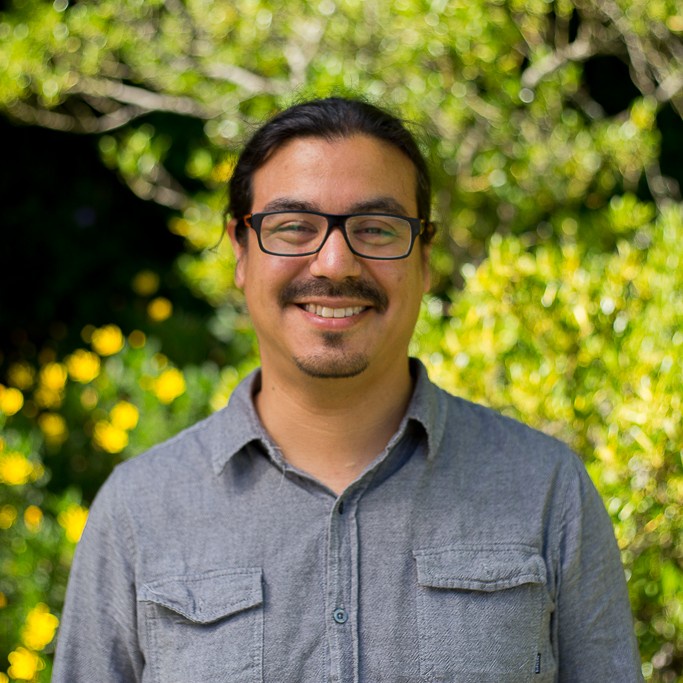
He is the Principal Investigator of the Laboratory of Studies of the Anthropocene .
Universidad Austral de Chile, Chile
- Ignacio Rodríguez Jorquera
-
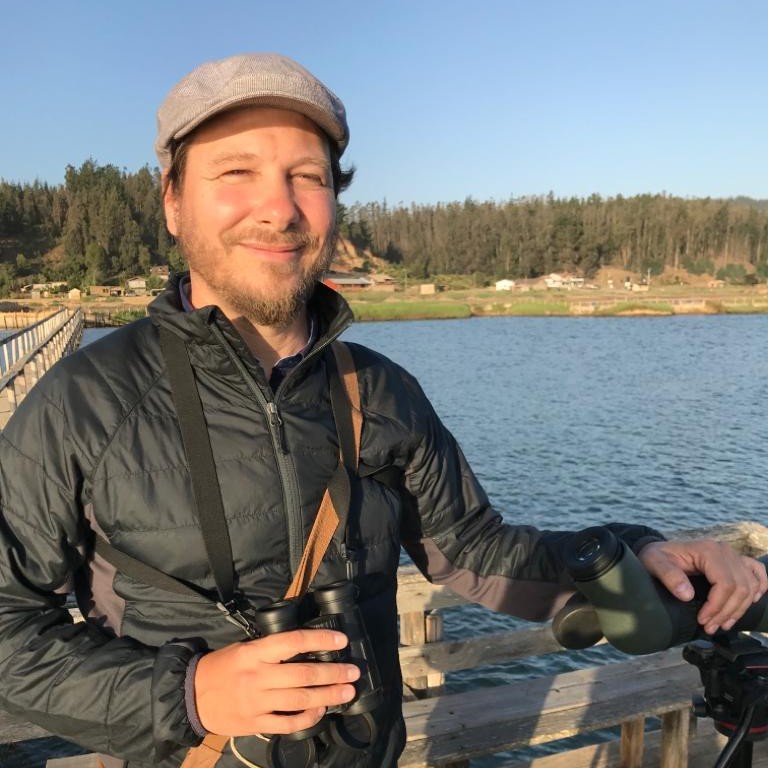
His previous work includes projects in wetlands such as Batuco Wetland (Chile), Payne's Prairie (USA) and Everglades. Currently, he is the Executive Director of the Centro de Humedales Río Cruces (CEHUM- Río Cruces Wetland Center).
- Jorge A. Tomasevic
-
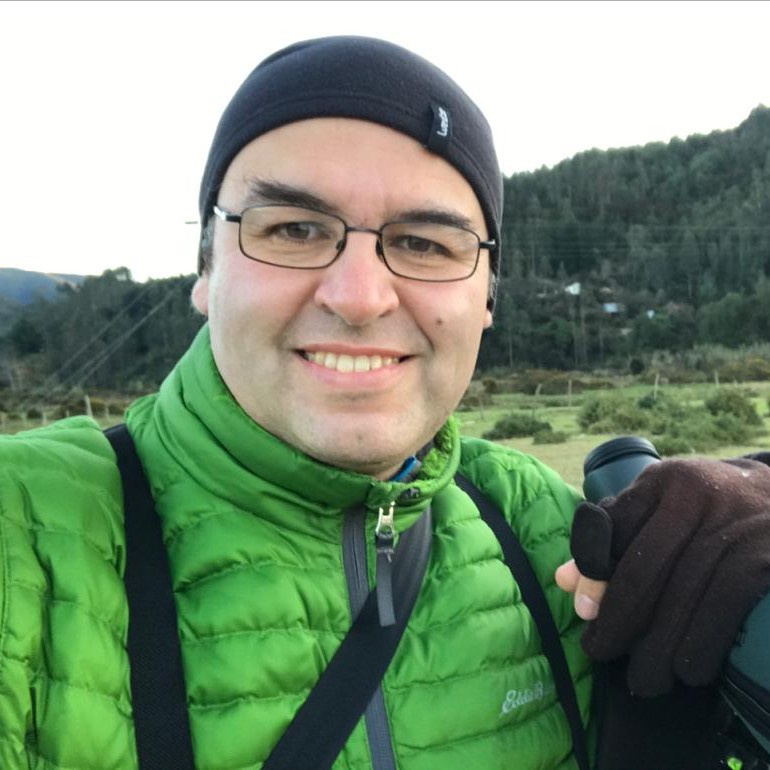
Jorge's goal is to understand the ecological basis of these differences and how can we make management recommendations to effectively combine development and biodiversity conservation.
- Magdalena F. Huerta
-
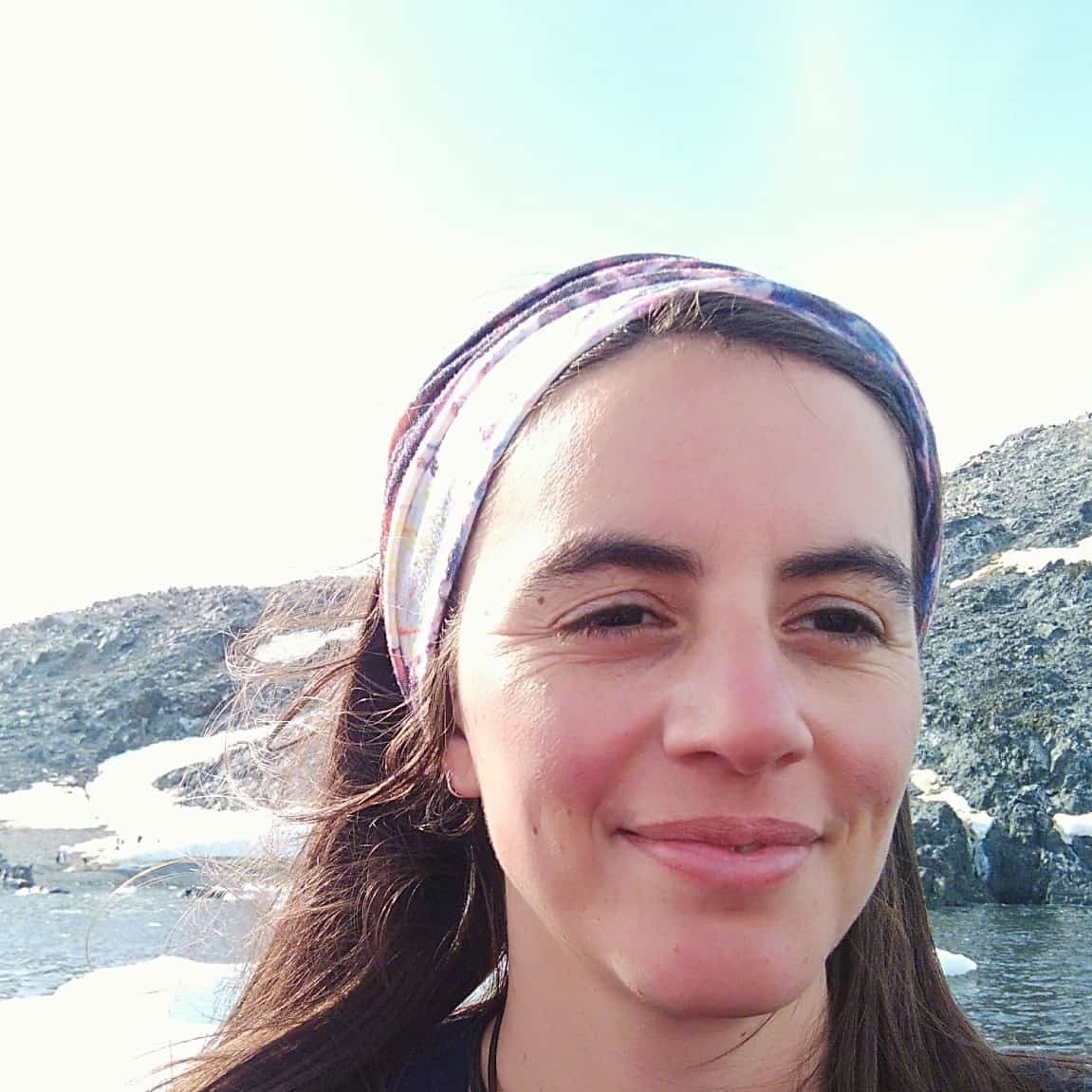
Her research interests centre in biogeography and population ecology with a specific focus on understanding the processes that underlie distribution and population dynamics of species, including biological invasions. She is also interested in conservation and wildlife management issues.
Servicio Agrícola y Ganadero, Chile
- Eduardo Raffo
-
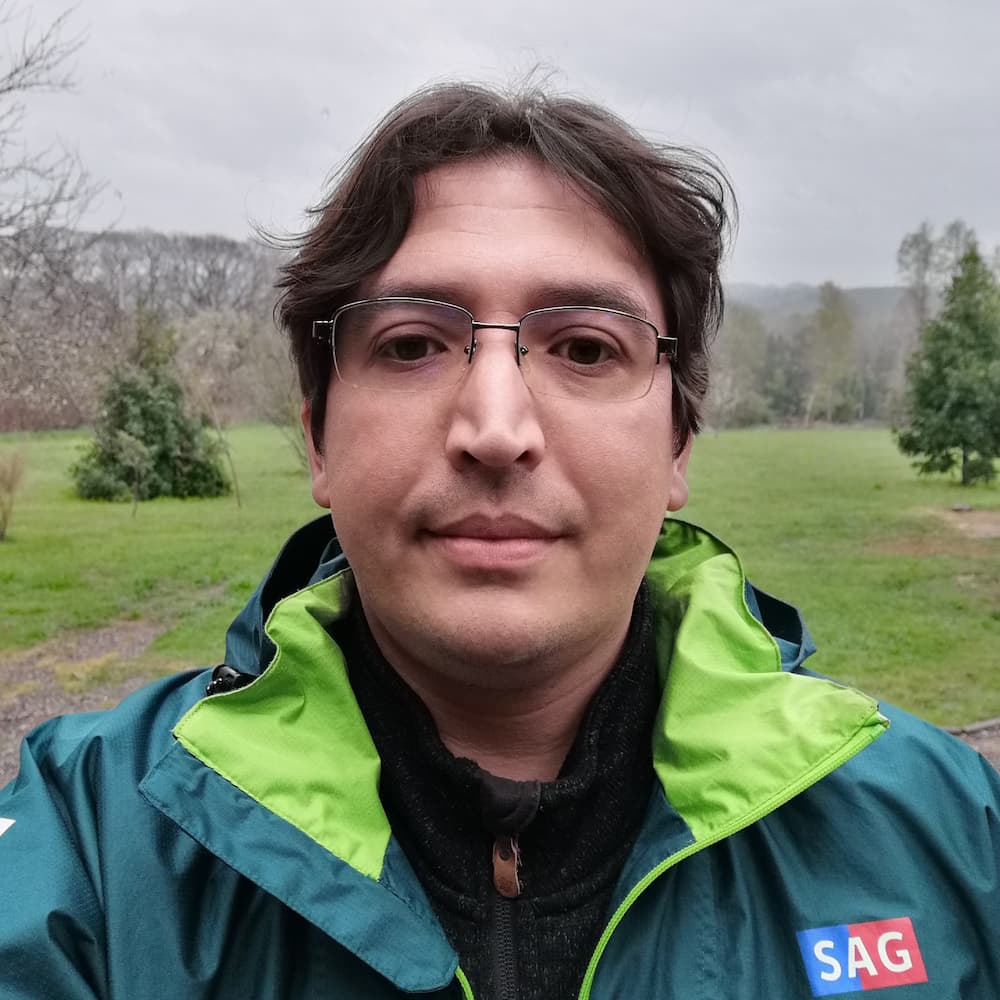
Working at the Agriculture and Livestock Service (Agricultural ministry) since 2007, he has dedicated his professional life to the study and control livestock zoonotic diseases (mainly bovine tuberculosis). Since 2014 he is responsible for the wildlife administration under the Agriculture and Livestock Service at the regional level, with the central goal of reducing the agriculture / wildlife conflicts, study and control of invasive species such as the American Mink.
